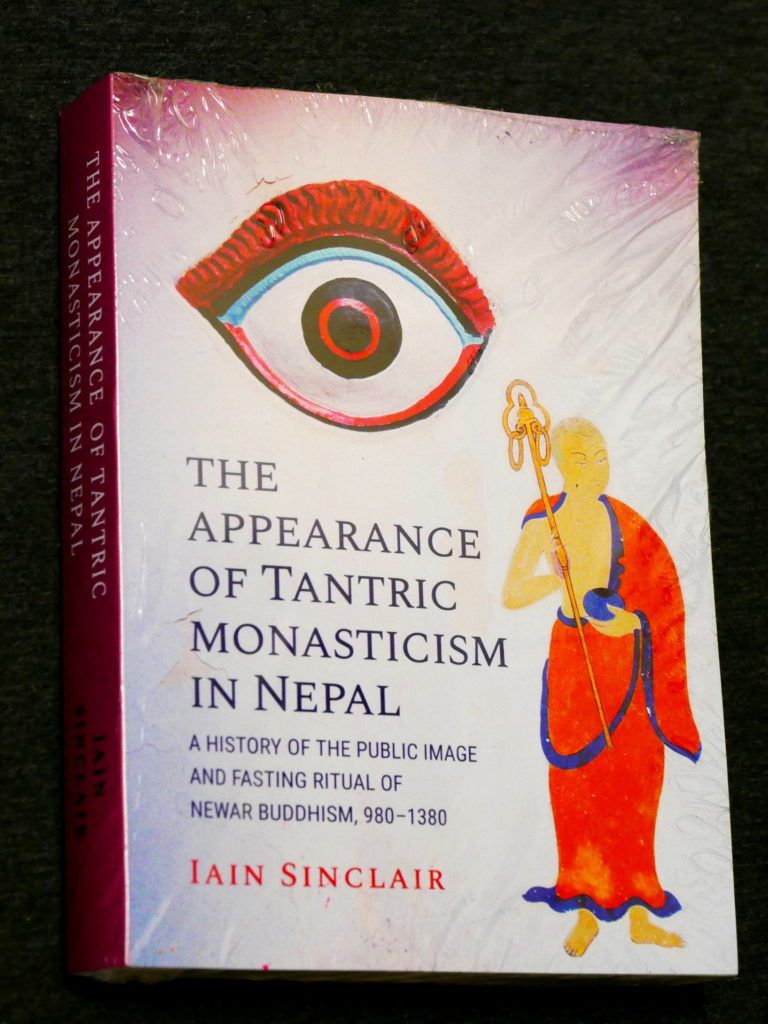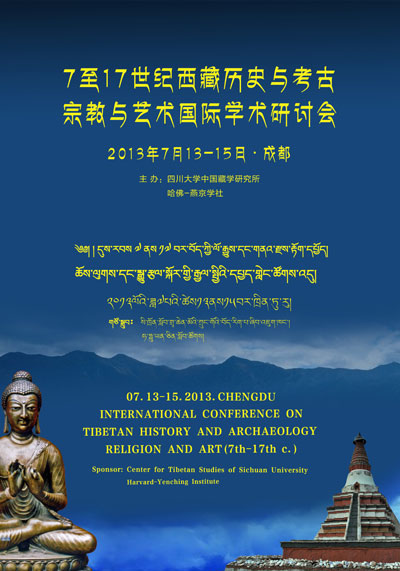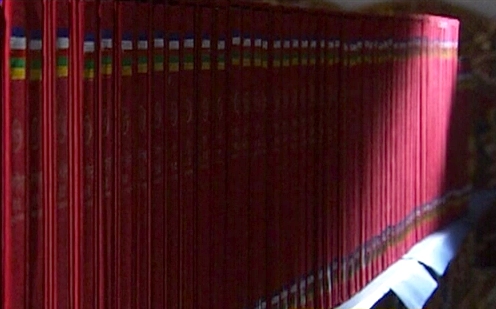Johnson, Dennis. ‘Refuting the conditioned: the Saṃskṛtārthapratiṣedha of Candrakīrti’s Catuḥśatakaṭīkā’. Diplomarbeit, Universität Wien (Philologisch-Kulturwissenschaftliche Fakultät), 2012. [official / PDF]
From the Abstract
The original Sanskrit text of CŚṬ is available only in form of fragments that cover about one third of the work, and there is a critical edition of these, based on a single manuscript (Suzuki 1994). A complete Tibetan translation by Sūkṣmajñāna and Nyi ma grags is contained in the bsTan ‘gyur (P. vol. 96, 5266 ya 33b4-273b6; D. ya 30b6-239a7; C. ya 29a6-236a7; N. ya 34b2-246a6).Furthermore, there is an English translation of the verse text (Lang 1986), but not of the commentary, for which there are but translations of single chapters into different languages (Lang 1976 and 2003; Tillemans 1990 are the English ones).
The thesis further contributes to this work by presenting a translation and summary of the hitherto unaddressed chapter of CŚṬ XV, on the basis of the remaining Sanskrit text (in this case CŚṬ XV.18-25) and a critical edition of the Tibetan translation.




